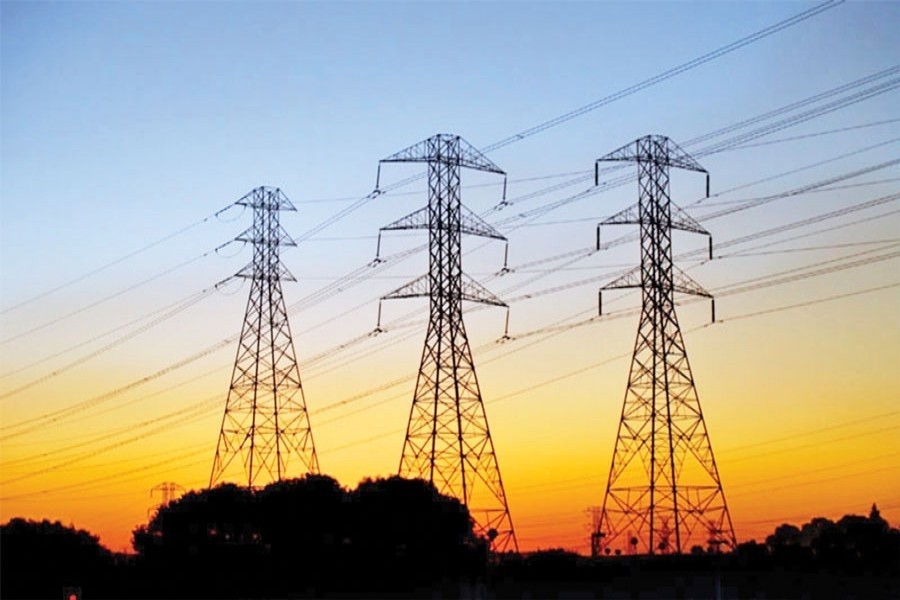Subsidised tariff for electricity consumers has led to a positive impact on household income and expenditure, small-scale business and agriculture, a recent study has revealed.
Besides, it helped promote education, women empowerment, safety and communication as well as environmental and health issues, said the study conducted by Bangladesh Institute of Development Studies (BIDS), a leading think tank.
The study suggested that the electricity bill payment system should be easier and more transparent for the consumers so that the people can pay their bills without any hassle.
The objective of the study was to assess the extent to which the lower tariff rate determined by Bangladesh Energy Regulatory Commission (BERC) affects electricity consumers of as well to assess the socio-economic impacts of expansion of rural electrification.
The number of electricity consumers is increasing day by day as the BERC has been determining lower tariff rate for the "lifeline" consumers since March 2014.
More people are coming under the umbrella of rural electrification and enjoying its numerous benefits, according to the study.
The study found that the use of kerosene dropped by about 2.11 litres a month when a household moved away from kerosene lamps to energy bulb/electric bulb after getting electricity connections.
A cut in kerosene consumption contributed to a reduction in indoor air pollution and created external positive benefit on health of household members, especially women and children.
Children's evening study time, both for boys and girls, increased with access to electricity.
Rural consumers generally belong to the lowest tier of electricity consumption (01 to 50 units).
The household survey included households with and without electricity connections.
The total number of households surveyed was 512 "lifeline" consumers and 318 non-electrified households. A total of 16 focus group discussions (FGDs) were conducted.
It was noted that the level of education is higher among households with electricity. Households with no formal education and lower levels of education dominate among non-electrified households.
In 2017, per unit electricity supply cost was Tk 5.7 per kwh while "lifeline" consumers paid Tk 3.5 per kwh.
Since December 2017, some changes were brought in tariff rates and administrative charges, including service charges, for electricity supply to these consumers.
Major changes included abolition of a monthly minimum bill of Tk 90 for every electricity subscribers and consolidating demand charge, services charge and miscellaneous charges into one charge.
The study found that electrification improved household welfare in several ways. The immediate impact of rural electrification was the substitution of kerosene lamps used for lighting.
The per capita income increased because working hours of household earning members went up.
Other important benefits of electricity were more comfort, improvement in children's education, and increased use of electric equipment such as television, radio, refrigerator and mobile phones.
A number of respondents mentioned that their business-sale has increased because they were able to keep their shops open for extended hours.
Mobile servicing, grocery shop, tea-stall, tailoring business increased because of rural electrification.
Women had free time to do handicraft activities that generate income. Energy expenditure decreased because of switching from kerosene and candle use to electric bulb.
Irrigation had become easier and cheaper, the study said, adding that the rate of people's respiratory diseases came down and as did eye-related problems.
As a result of electrification, people can now easily move around at night.
Senior research fellow at BIDS Nazneen Ahmed, who conducted the study, told the FE that many of the consumers do not understand electricity bill.
In some cases, meter readers take extra amount from consumers for this reason, she added.
A top official at BERC told the FE that the energy regulator would bring reforms if people demand the current bill payment system for consumers be eased.


